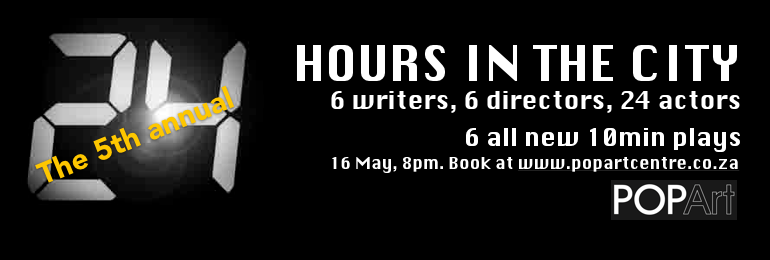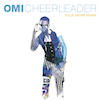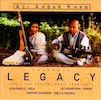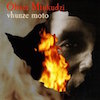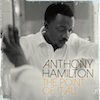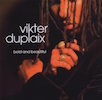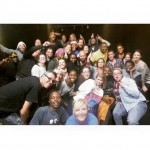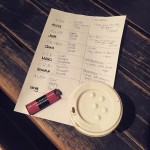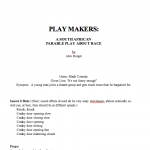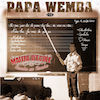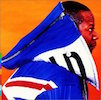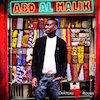13 June, 2015
6 June, 2015
30 May, 2015
23 May, 2015
From racial satire to light comedy . . .
So I wrote and actors performed a 10 minute play of mine last night. It was part of an event in Johannesburg where 6 new plays were created and staged in 24 hours. I thought my play was (or could be) a deeply cutting satire about the lethalness of white dominated theatre in South Africa. Instead, what played before an audience of 100, was a light comedy about an eccentric theatre boss and his students.
I did my best, really. I tried to set up a bizarre universe of white theatre makers where their art vacillated between calisthenics and horribly overwrought recreations of melodramatic crap. I created an ambitious young black man who wanders into this word, desperately wants to be a part, only to eventually make his way in and then get sucked down the vortex of their twisted and imminently self-referential world. Heck, I even littered the stage with dead bodies (in case you missed the point) that the apprentices have to drag out each day once the rehearsals will over.
But in the end, the play I watched was a light comedy. Not bad, funny in its own way, but not what I had meant. It was partly the director (who told me the race stuff didn’t work and he took it out), partly the actors, partly the context, and of course my writing (after all they did perform some version of what I wrote).
The whole experiences leaves me intrigued, disconcerted about what theatre is and becomes when shared and lived (away from a perfect dream rattling in my head.) I find it much cleaner just to imagine things, but when they get done (performed before a live audience) it gets messy. Of course, that’s the point, right? But then suddenly reality has to be shared, negotiated, and then I’m a little at a loss. Can I critique the same space that I’m working in? Can I communicate what feels like an impossibly real truth to people that don’t see or believe it? How do I reach / connect / challenge in a way that will be heard? I don’t know that I know . . .
16 May, 2015
Pop Art Johannesburg – Saturday 16 May, 20:00
My play will be one . . .
